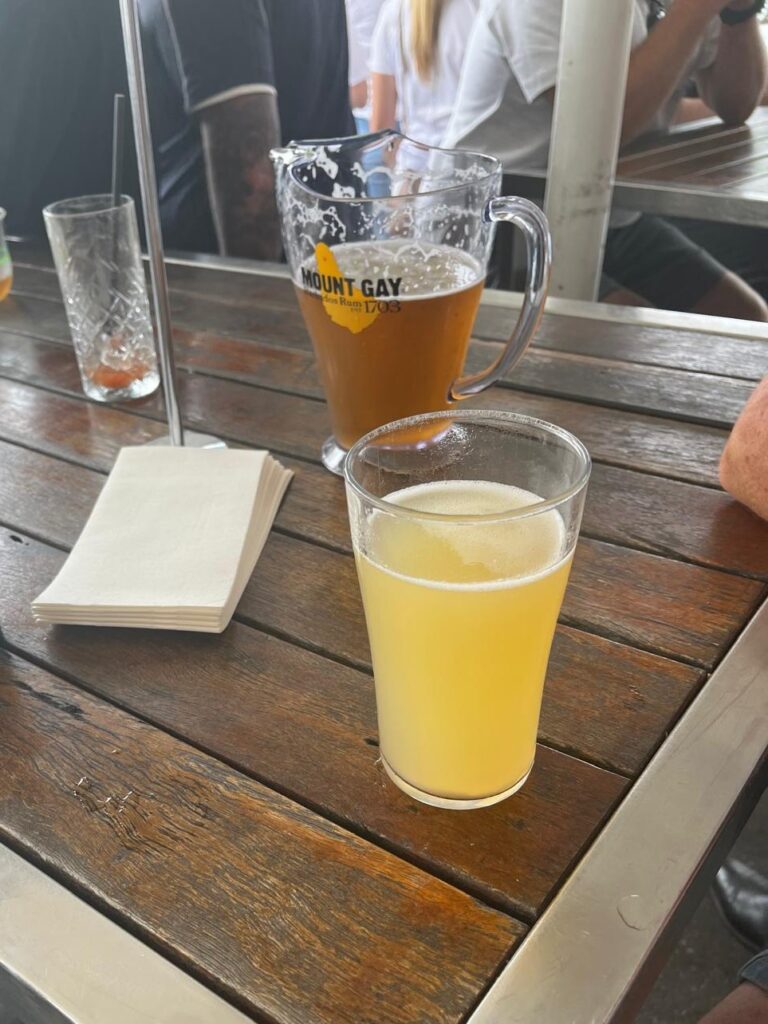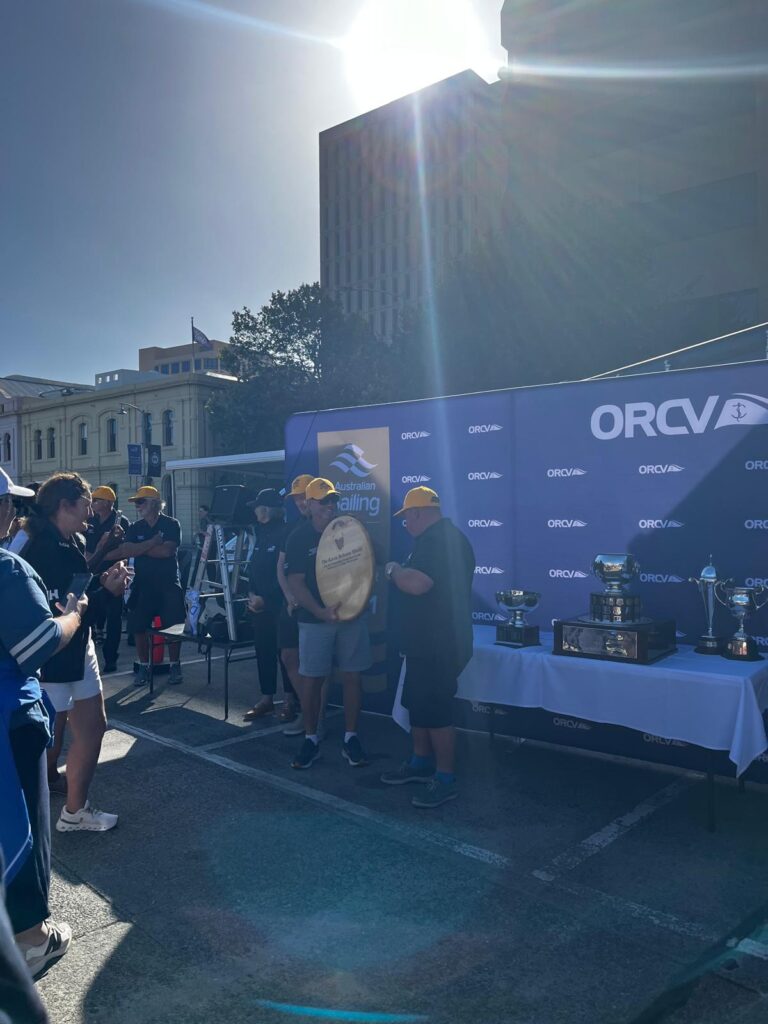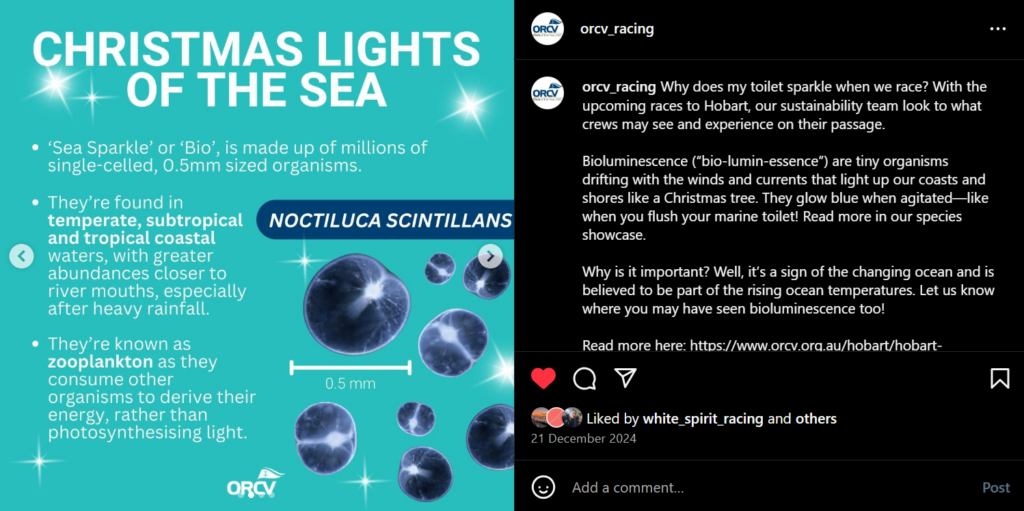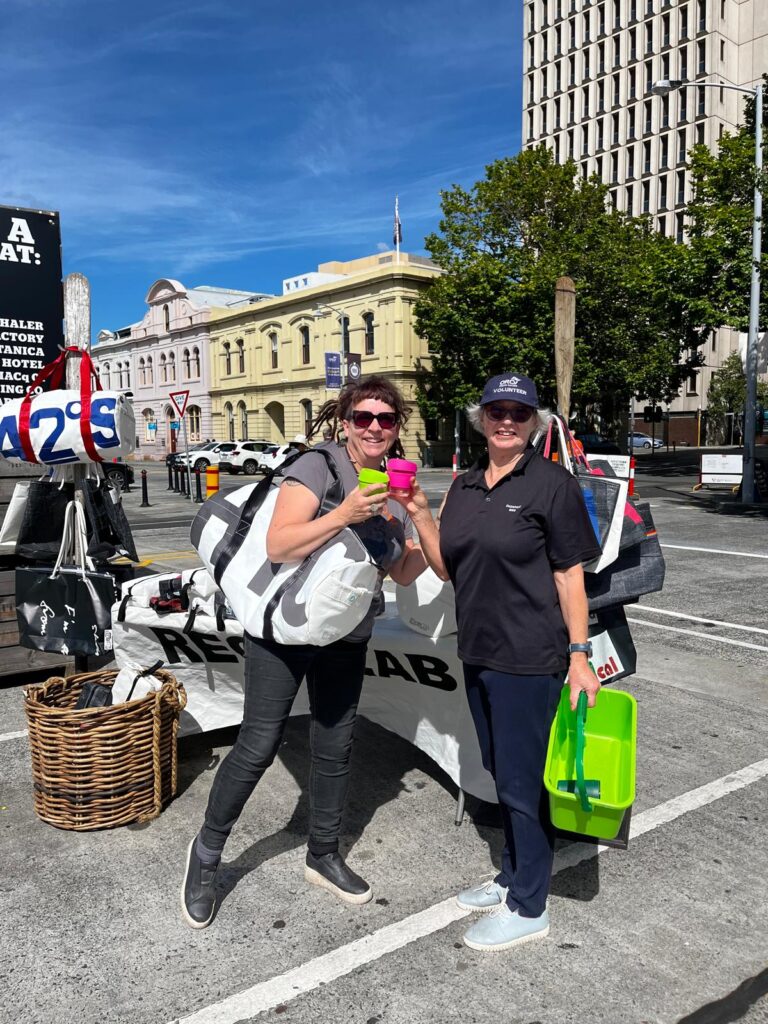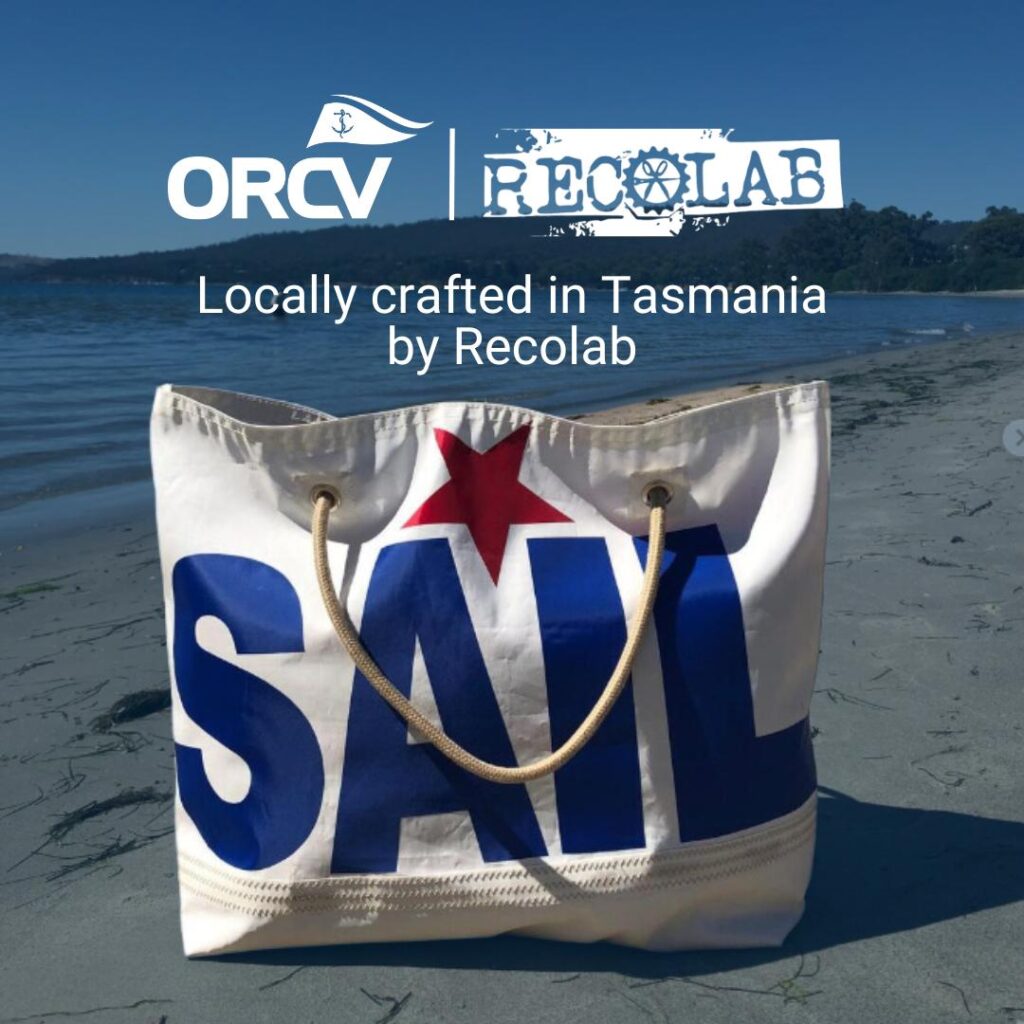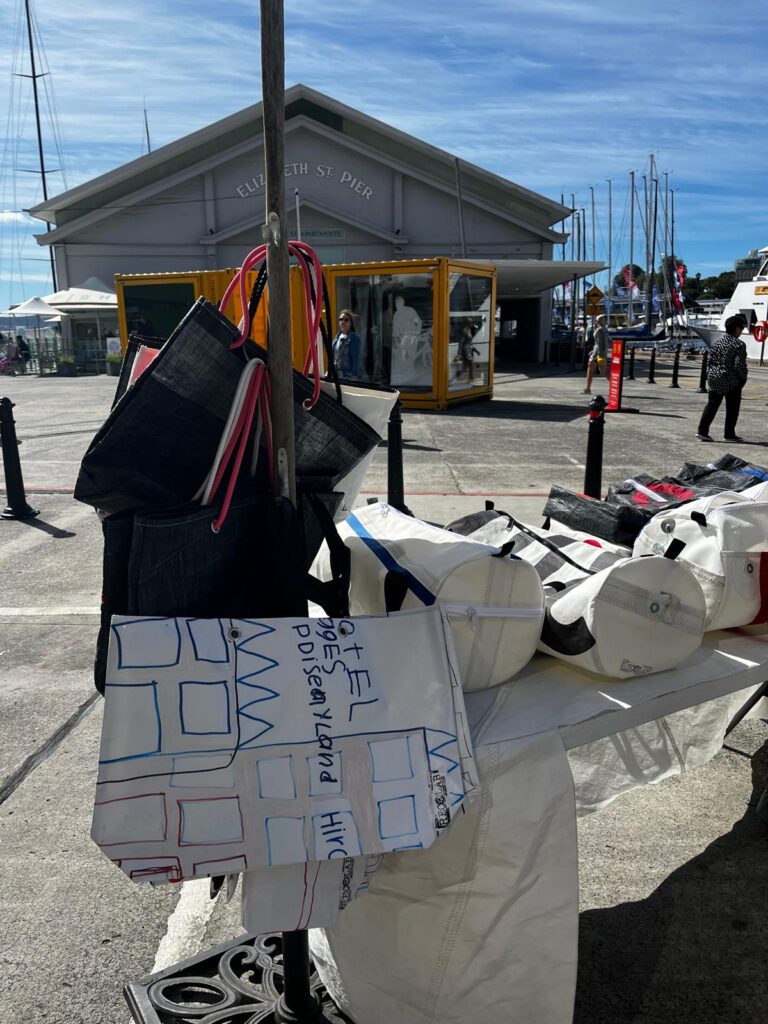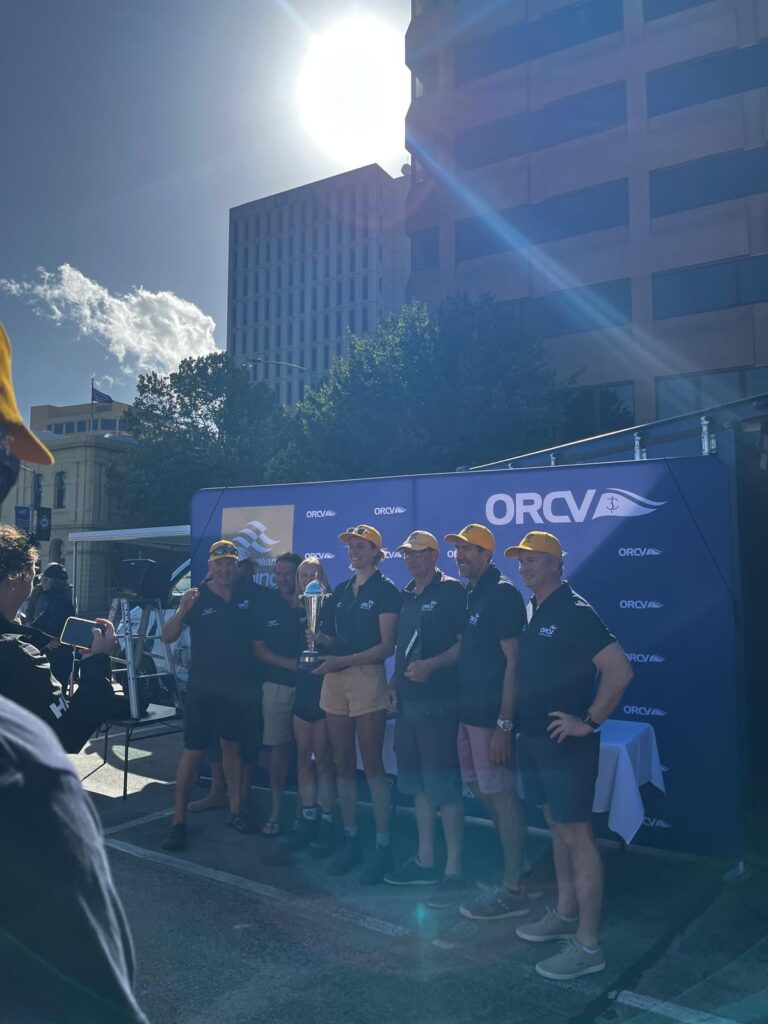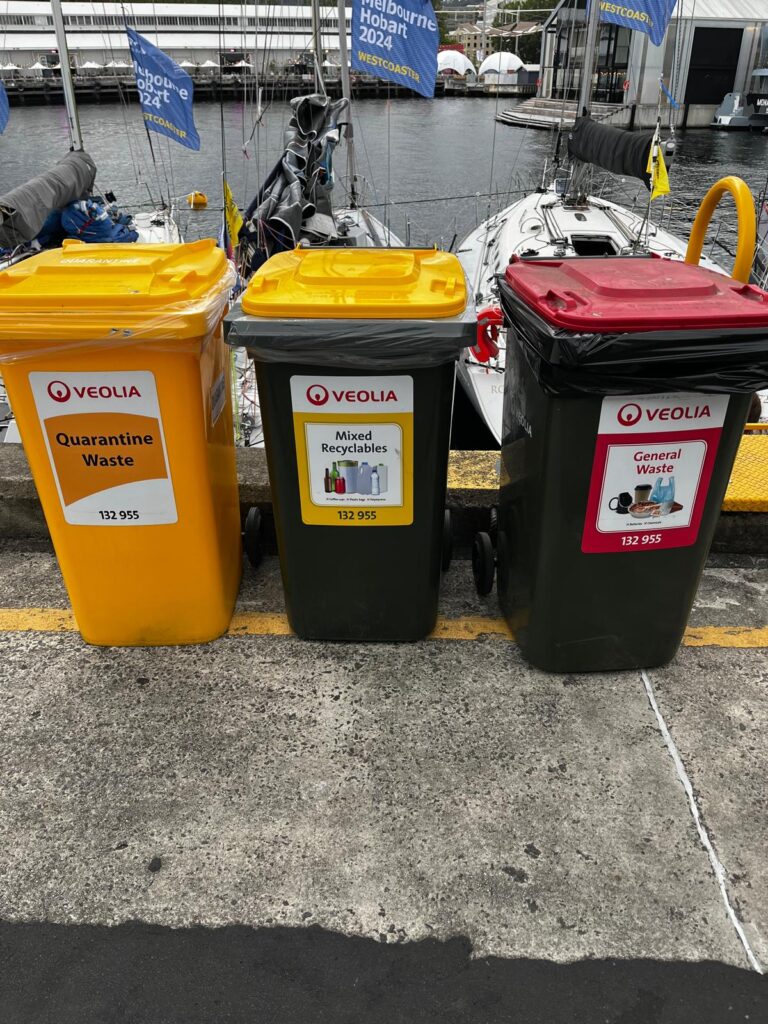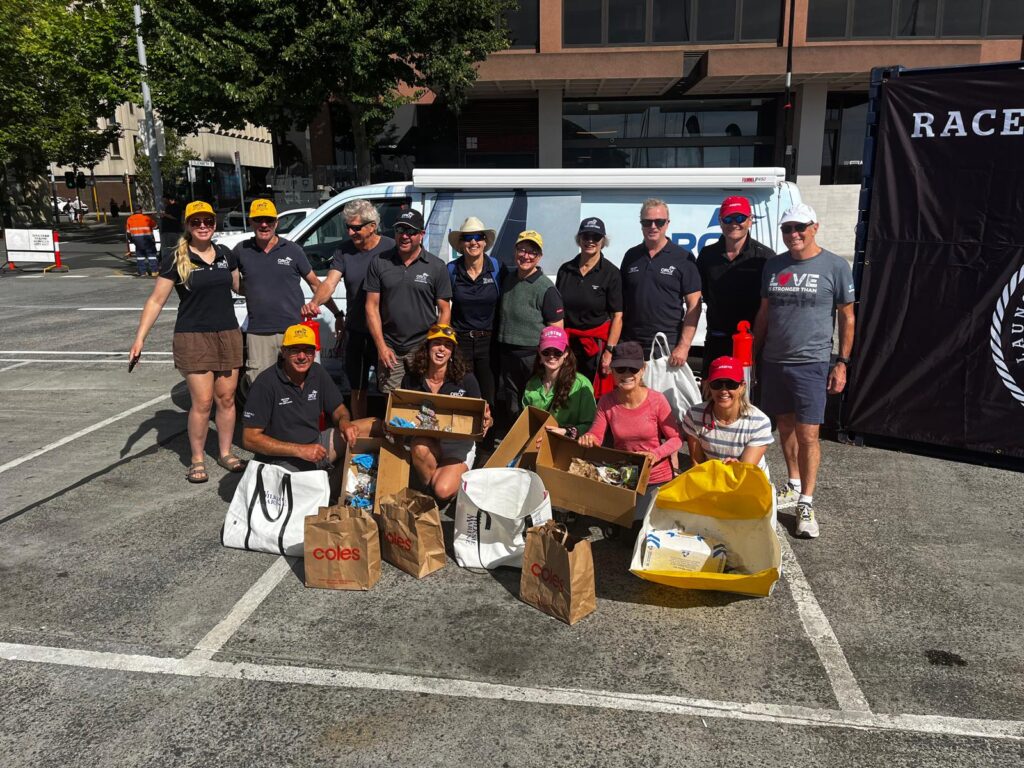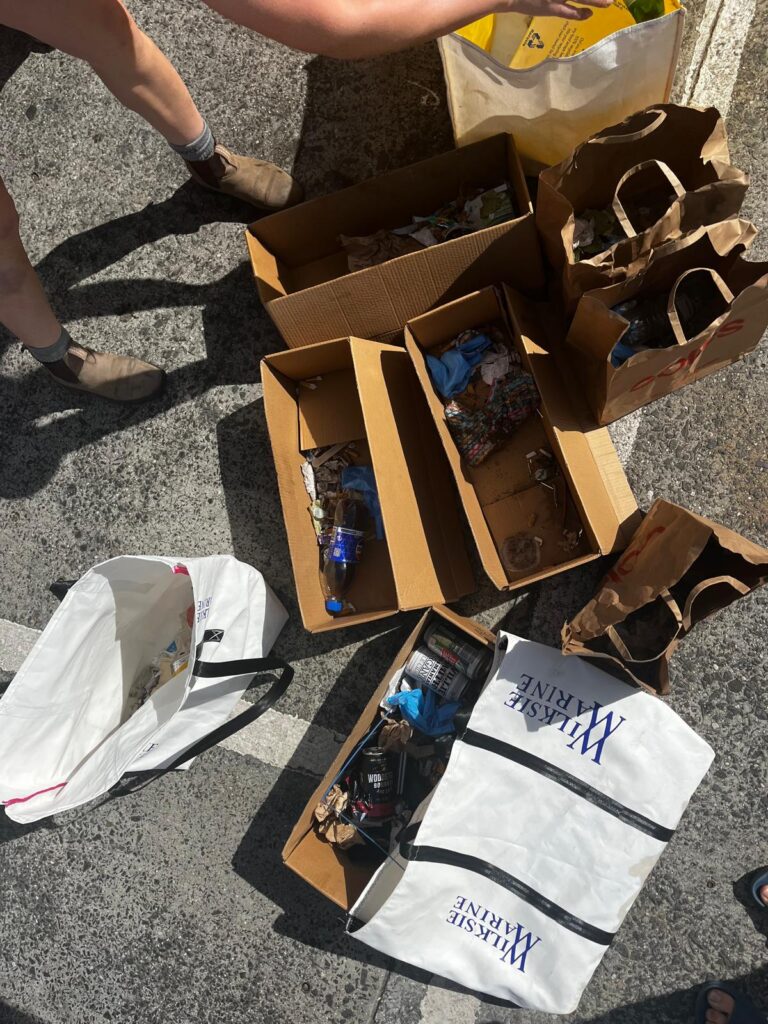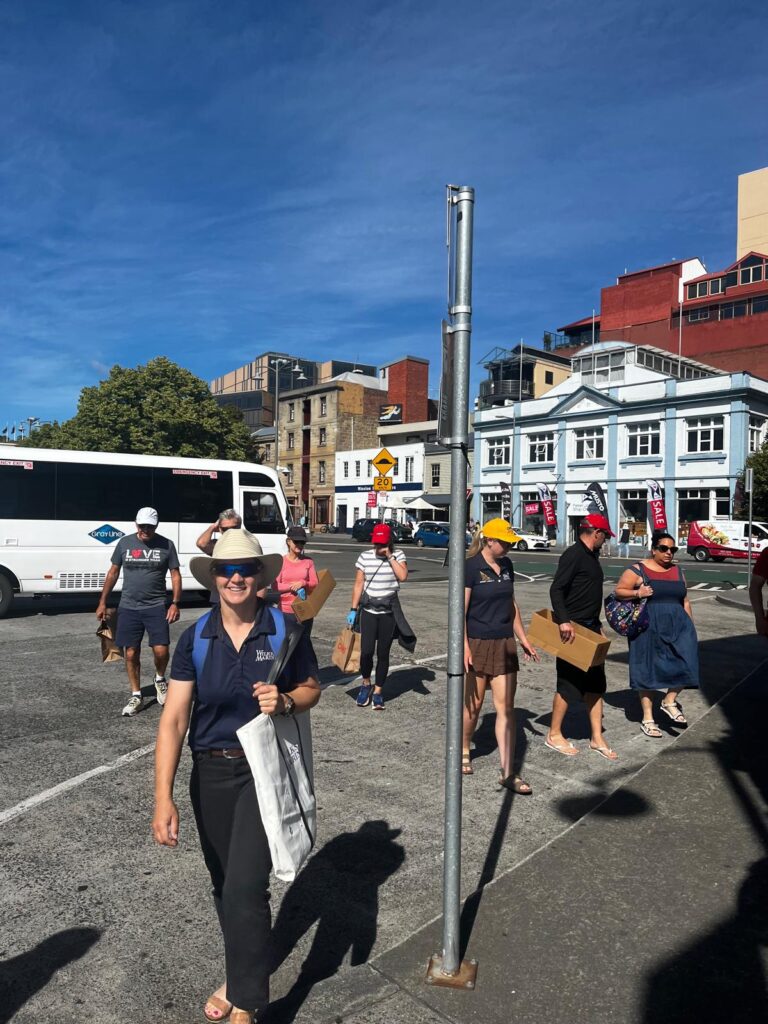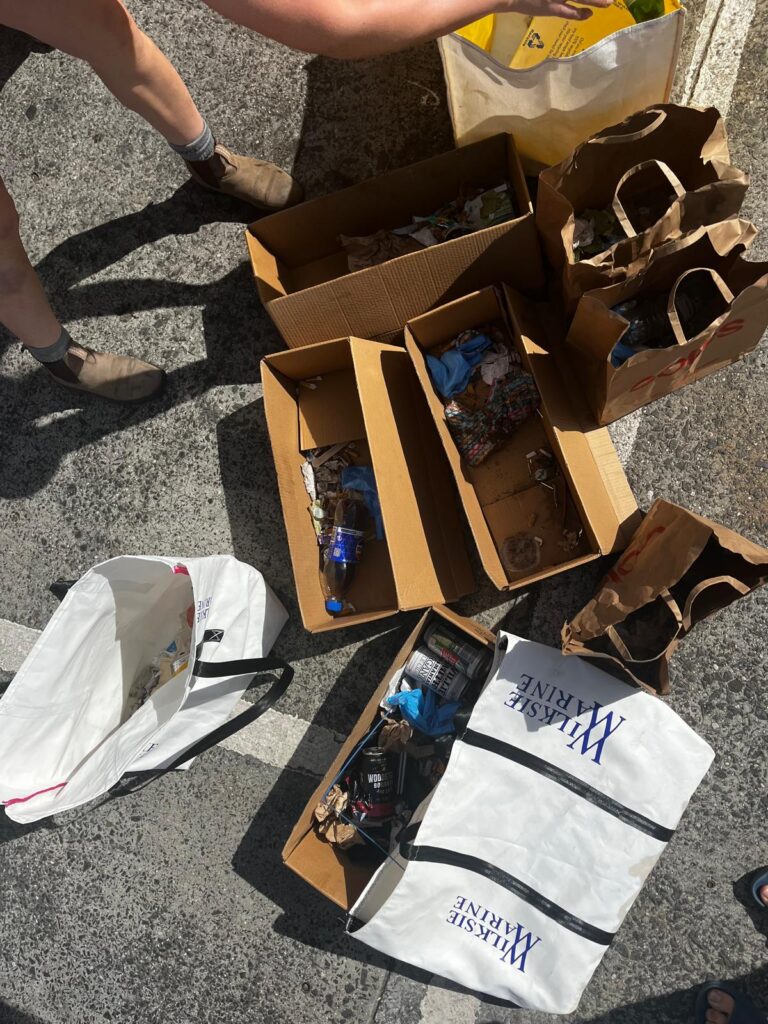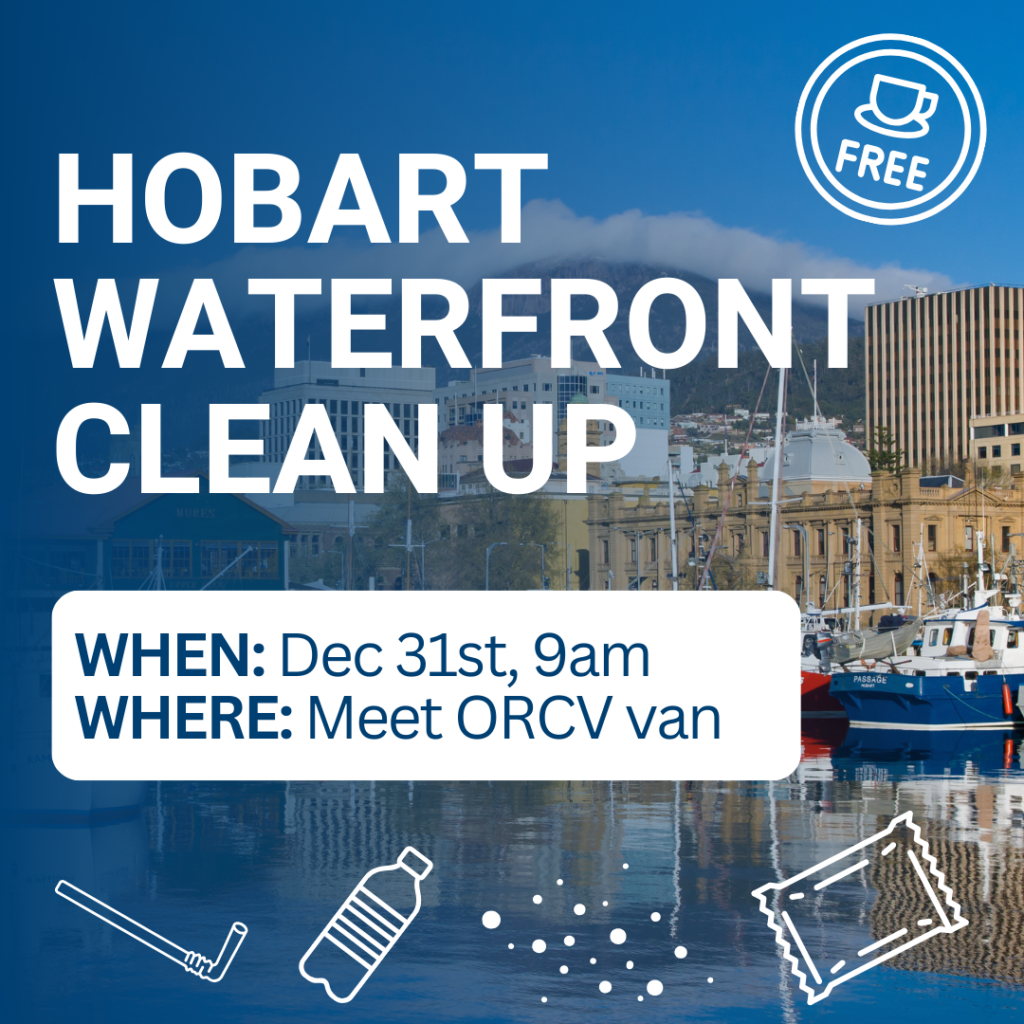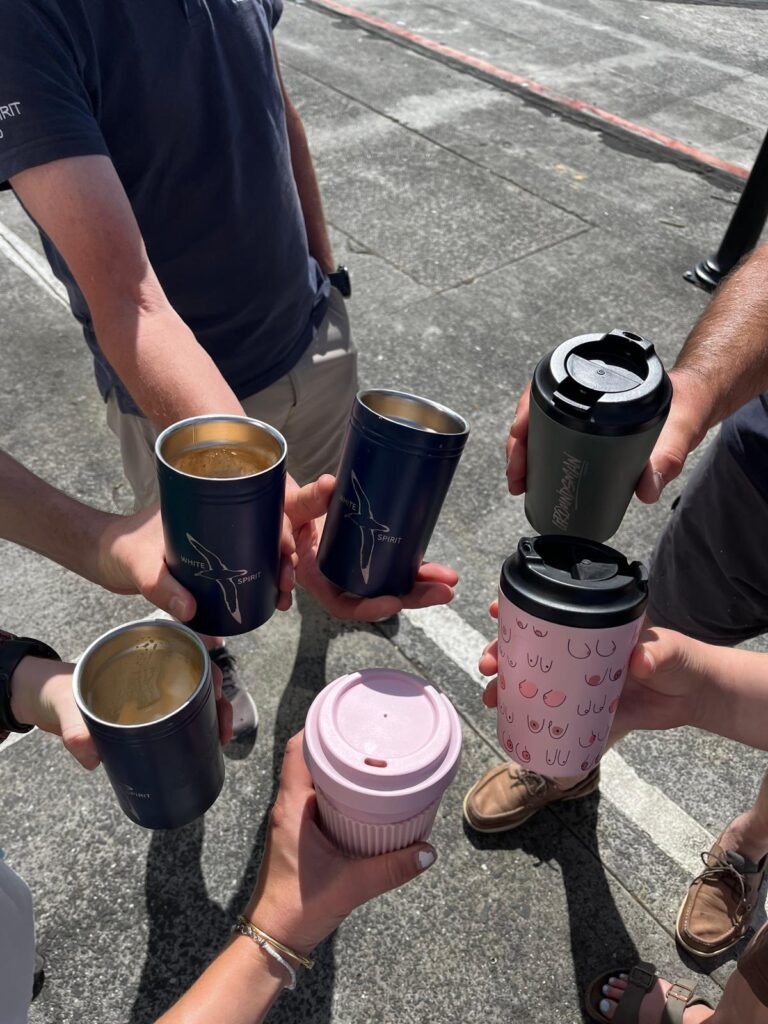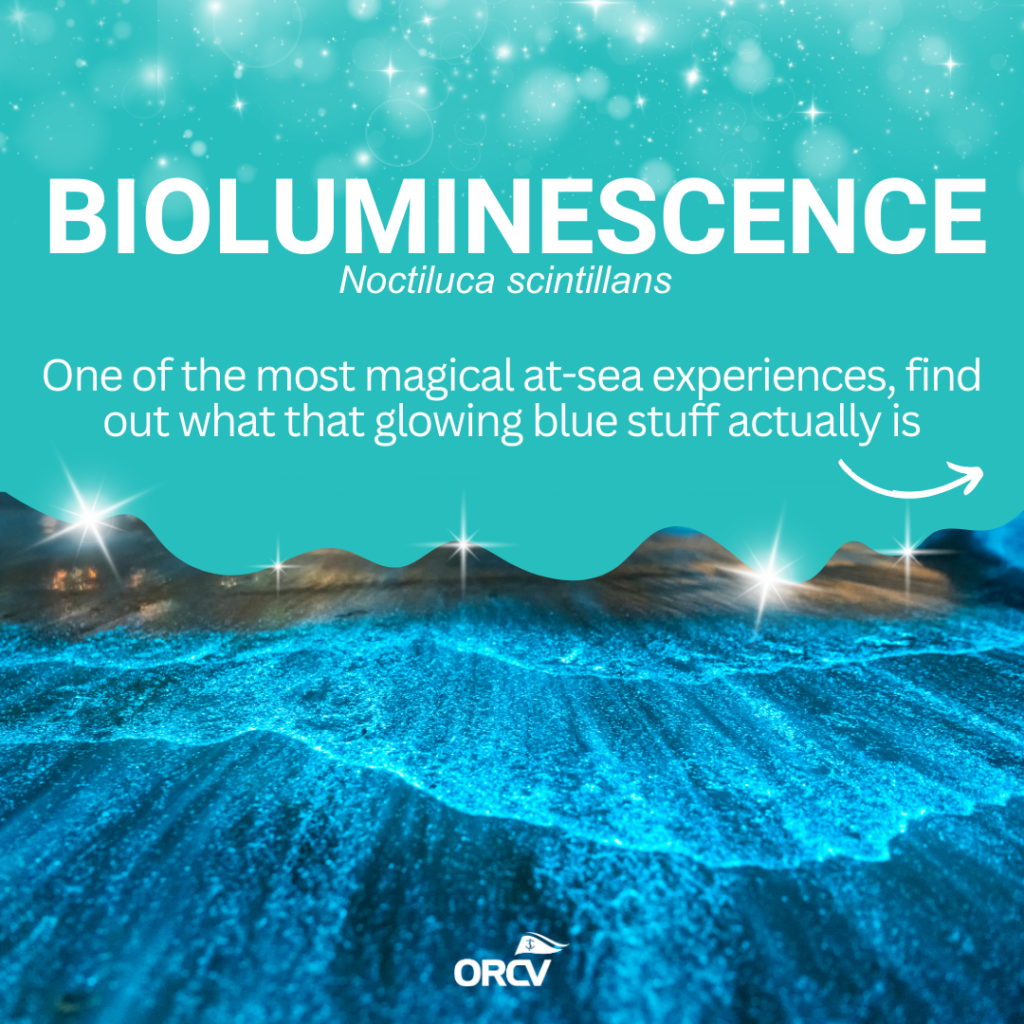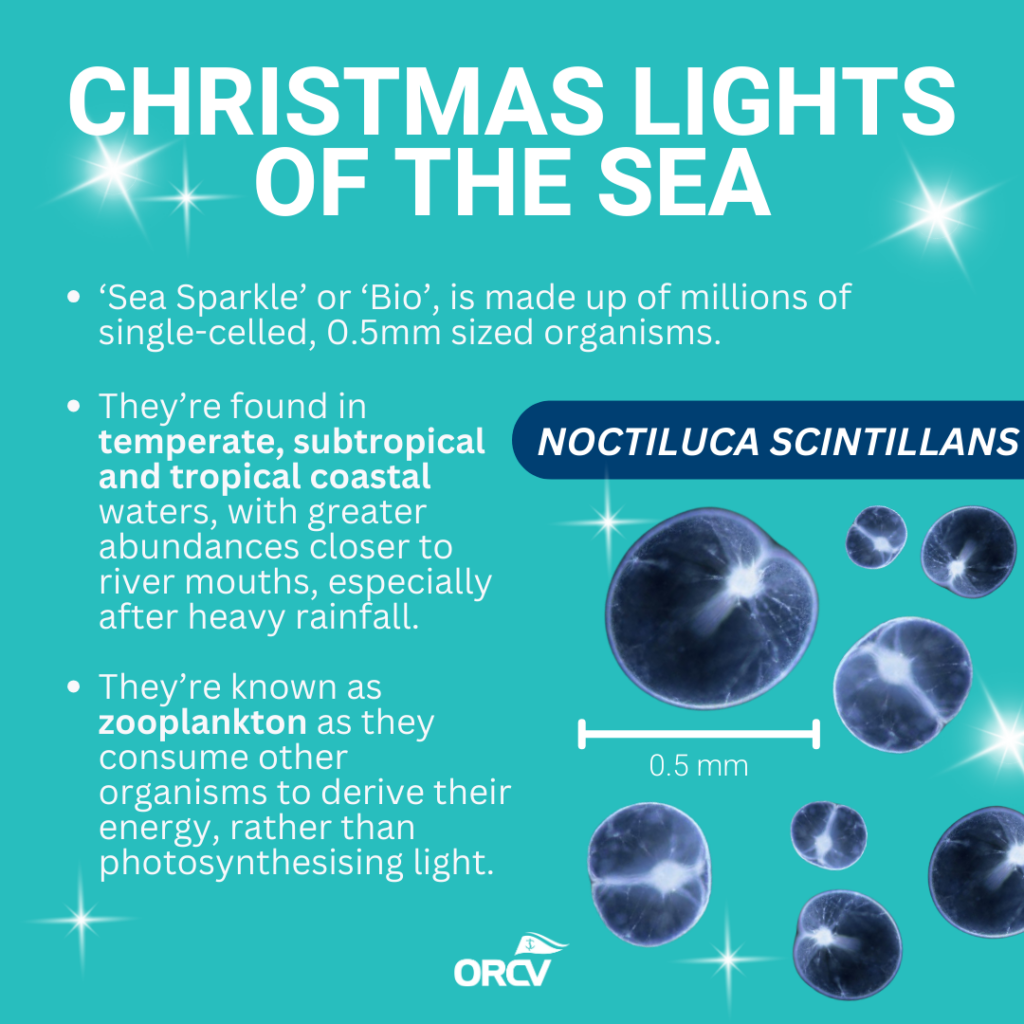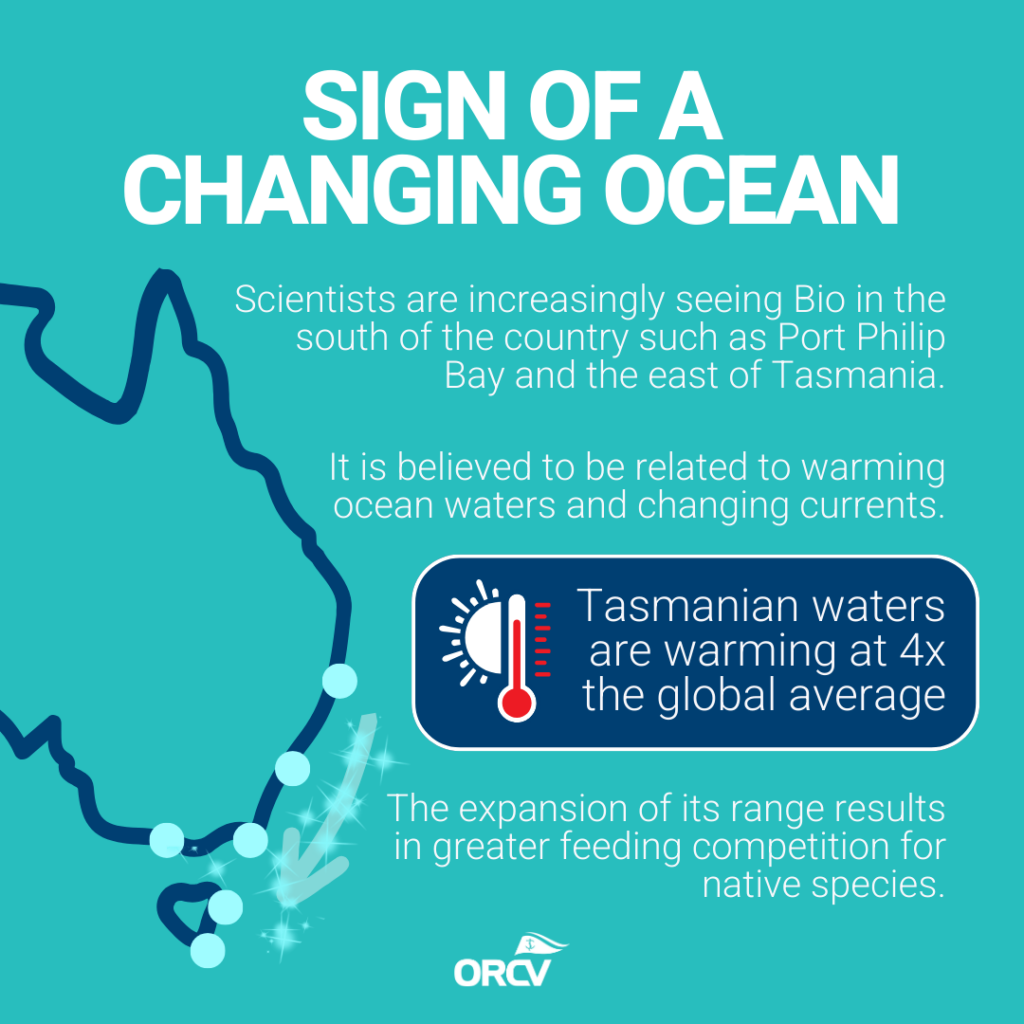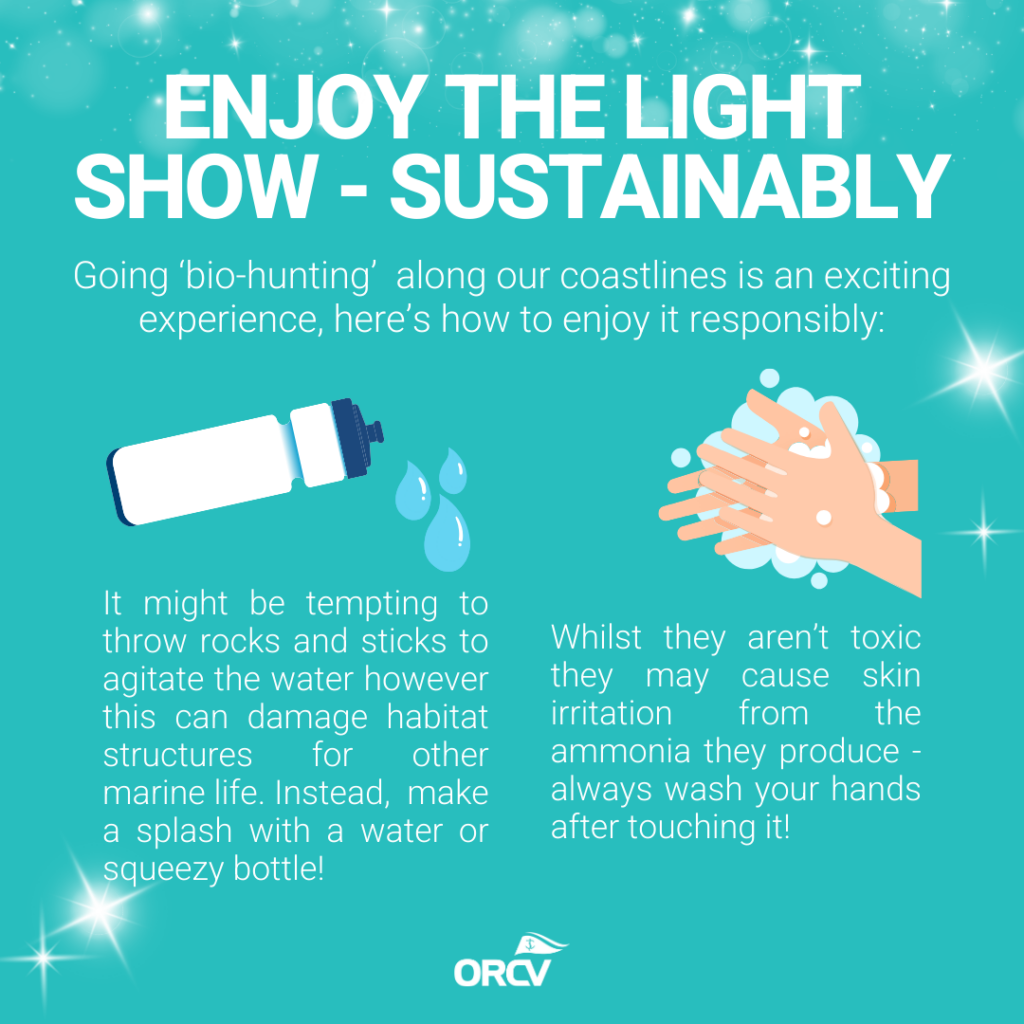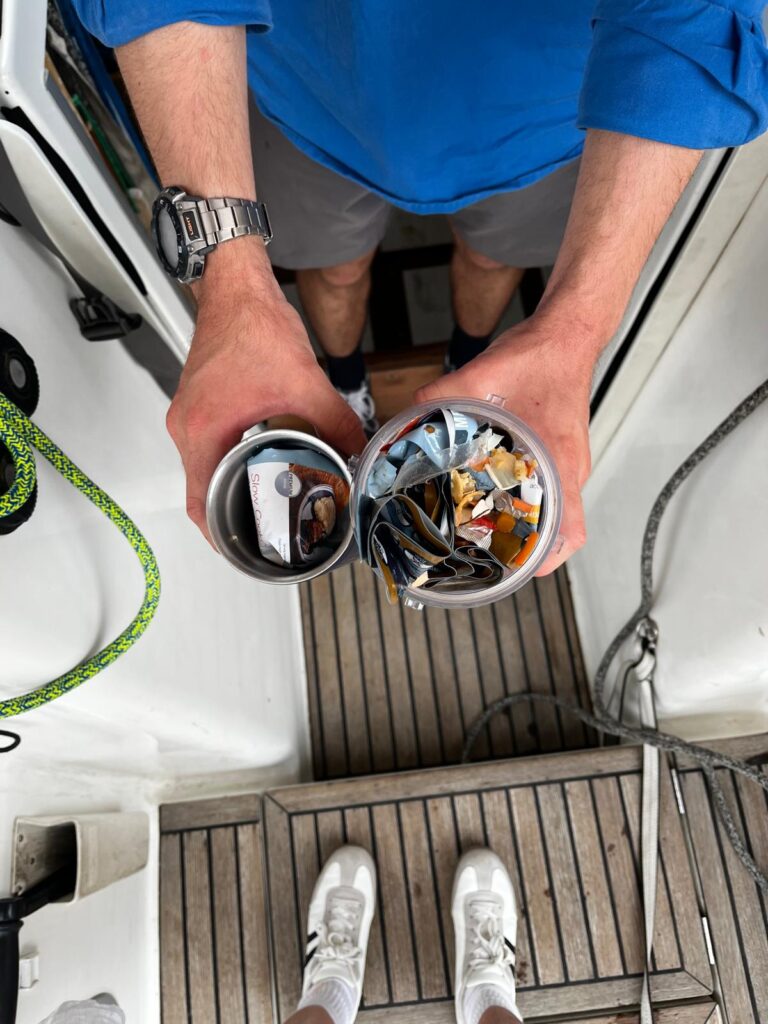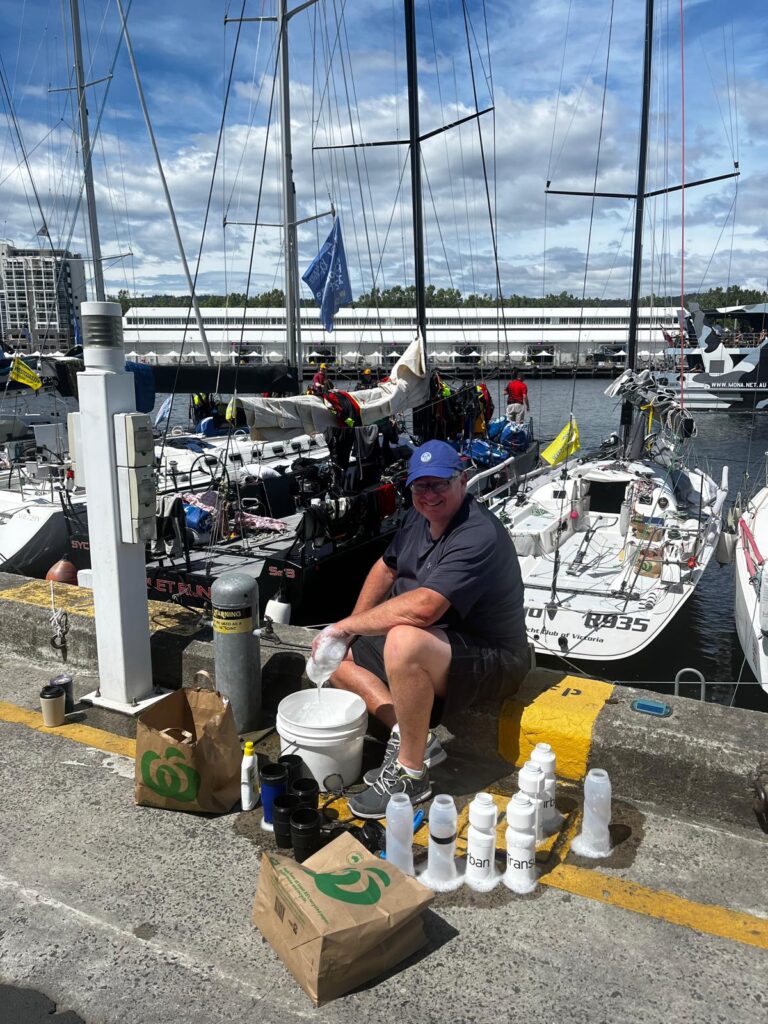Event Details | |
| Host | Ocean Racing Club of Victoria |
| Location | Albert Park, Australia |
| Certification Level | Gold |
| Website Link | https://www.orcv.org.au/hobart |
Best Practices Achieved
1. Eliminate Single-Use Water Bottles and Provide Water Refill Stations
Refill stations were available around the sailors village in the Hobart waterfront region, in addition to the drinking water taps that were readily accessible to boats to refill jerries, boat tanks and bottles in the immediate dockside area
2. Eliminate Plastic Straws
Plastic straws are never used at ORCV events
3. Serve Food with Plastic-Free Dinnerware
The sailors village drastically reduced the volume of waste associated with food and dinnerware as food vendors were not used in the village this year. Instead, our event utilised the area immediately surrounding the ORCV sailors village, which had an already abundant supply of food vendors with eat-in options preferred by visitors.
5. Award Practical Items or Use a Perpetual or Upcycled Trophy
Perpetual trophies, Predict Wind subscriptions, books and wine were awarded to prize winners
6. Publicize Your Sustainability Efforts
ORCV’s sustainability efforts are shared on our social media channels (Instagram and Facebook) as well as in our race WhatsApp channel and formal race briefings.
7. Involve Local Organizations
We collaborated with Recolab, a local Hobart small business that collects sailcloth and creates usable bags. She was there to sell her product and engage with visitors and sailors about reducing sailing associated waste materials, and collect sailcloth from our fleet as well as the fleet from boats in the other Hobart ocean races occurring at the same time. Feedback we received from Lyn, the woman behind the business, was that her time in our village was her best for sales in a single day since starting her business, we were delighted to have supported this. She not only attracts visitors and customers from our event, but also from those attending the Sydney to Hobart event too.
8. Post Educational and Reusable Signage
All ORCV signage and banners are reused year after year
9. Serve Local Food or Source Seafood Sustainably
Hobart is a trove of local produce, and the first port of call for Tasmanian fishermen. Seafood is served fresh direct to the restaurants that surround our sailors village. Tasmania's seafood industry takes pride in its resource management and quality, and has a strong relationship with marine scientists to ensure the industry is sustained long term.
10. Organize a Green Team
Our Clean Oceans team lead by Lillian coordinated the pre and during race sustainability efforts including liaising with boats to collect sailcloth and rope for upcycling and and running the waterfront clean up. The team were involved in race planning from weeks before, during the race, and on the ground ensure appropriate care was taken for the race village area.
11. Ensure Proper Waste Bin Placement and Signage
General waste and recycling bins were placed throughout the event with clear signage on what items are permitted in each. Proper sorting and disposal was also discussed with skippers in the sustainability bulletin in the pre race briefing.
12. Divert Food Waste from the Landfill
Food waste was not produced by our event, and as such, surrounding restaurants that served dine in food collected and processed any food waste.
13. Use Paperless Event Management
Our management team use WhatsApp, and a race directors laptop and phone to maintain data, records and notes. This includes incident management reporting, race results, and crew declarations upon finish.
14. Host a Beach or Marina Cleanup
A waterfront clean up was undertaken by the ORCV's Clean Oceans Team along with a group of volunteers. The group walked the Salamanca and Elizabeth St Pier area and collected quite a volume of litter, preventing it from entering the immediate waterfront environment. Interestingly, the team thought at first that they may not collect much as it seemed to appear "clean", however, we began to notice the smaller items that may not be immediately obvious, were highly abundant. Overwhelmingly cigarette butts were the most common items, collecting hundreds in not even 1km of distance. These problematic items were noted and information from our clean up will be passed to the local council to help identify the issue and plan to better manage it at this festive time of year for Hobart. Volunteers were rewarded with a coffee shouted by the ORCV, of course, in keep cups
18. Promote Alternative Transportation
Carpooling and travelling by foot was the most common mode of transport for our fleet, with crews opting to walk between events and festivities, over driving or ubering. Where possible, groups carpooled longer distances.
16. Increase Awareness of Wildlife and Habitat Protection
The Melbourne to Hobart event showcased Noctiluca scintillans, the species of plankton responsible for bioluminescent blooms around Tasmania. The reason behind showcasing this species was that increasingly, bioluminescent blooming events are being noted in the waters our fleet sail, however little is known about what the creature actually is, and why it is here (somewhere it has not been historically noted). The species' presence has been associated with the warming sea temperatures, which for Tasmania, are warming at 4x the global average. As the East Australian Current warms, it brings with it species that are not typically found. Whilst a concerning phenomena for Tasmanian marine ecosystems, it can be difficult to visulise and understand. The heightened presence of a highly visible, intriguing species such as Noctiluca, draws the attention to our changing climate, and that the impacts are seen far and wide.
17. Offer Vegetarian or Vegan Alternatives
Crews were able to enjoy fresh Tasmanian produce in the sailors village area, which alongside the seafood, showcased fantastic plant-based options which were widely available.
20. Inspire Future Action
Prior to the race, skippers must attend a mandatory briefing which outlines important information relating to navigation, weather, race proceeding etc. The ORCV take pride in formally holding a sustainability bulletin in this event, which includes pre-race, and post race measures the ORCV encourages our fleet to keep in mind whilst preparing and racing. From monitoring and keeping a clean bilge, through to how to responsibly discard used sailing materials to be repurposed. The fleet are reminded that we strongly encourage boats to refrain from single-use water bottles (this is an ORCV standard) and to ensure boat-generated waste is sorted early on to make for simple disposal that does not contaminate recycling streams when back on land.



